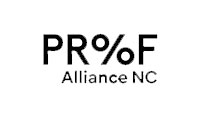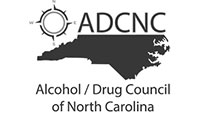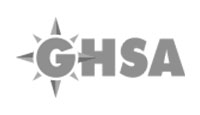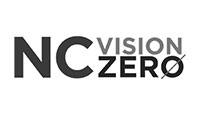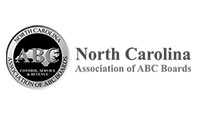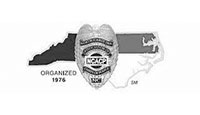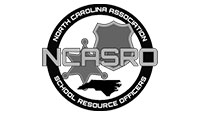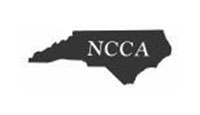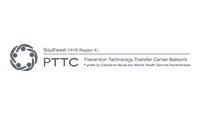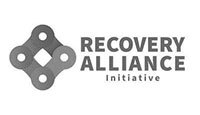Support for Parents and Mentors
Underage drinking prevention resources to help you start the conversation with your child
It Takes a Community to Stop Underage Drinking
Knowing how to connect with the children in your life and keep the lines of communication open about alcohol can feel overwhelming. At Talk it Out NC, we believe that preventing underage drinking is everyone’s job, it takes our communities — working together — to help our young people stay safe and make healthy decisions about alcohol.
Steps We Can All Take to Reduce the Risk of Underage Drinking
There are many factors that contribute to a young person’s decision to drink. From genetics and personality type to social factors and maturity levels, there’s no one-size-fits-all prevention strategy. But, parents, guardians, teachers, mentors, coaches, and community leaders can play a significant role in prevention.
Top 3 Things Individuals Can Do
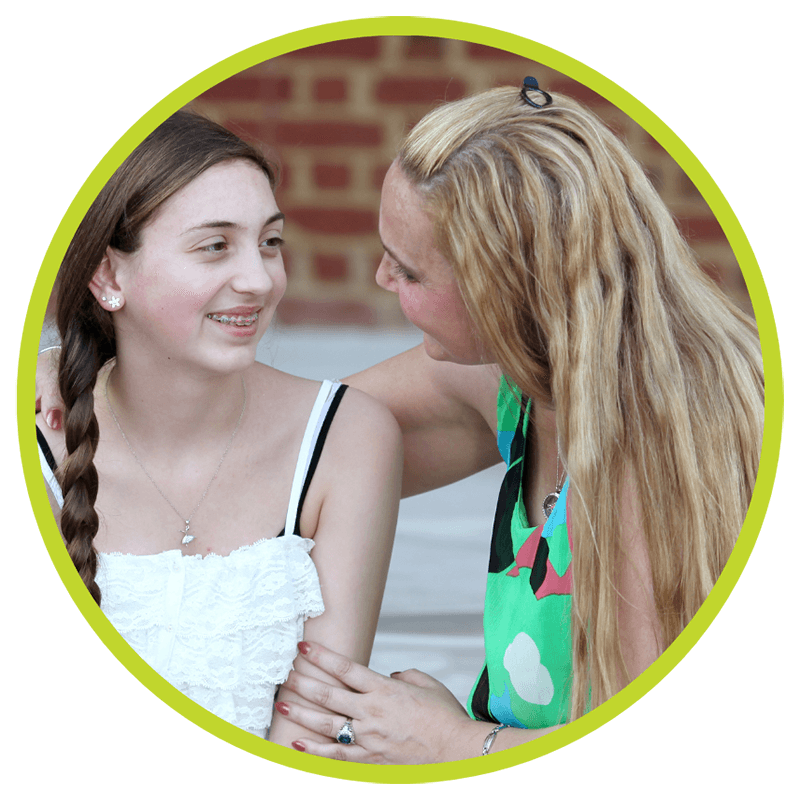
Source: ACHMI.ORG
Recognize The Warning Signs Of Underage Drinking In Young People And Teens
- Unusual changes in mood, including irritability, sudden flares of temper, and defensive words or actions
- Slurred speech, bloodshot eyes, stumbling, forgetfulness, and difficulty concentrating
- Rebellion against school rules, family rules, or social conventions
- Sudden switch to friends who are unknown to parents or guardians
- Abnormal problems in school, such as low grades, attendance and tardiness issues, and disciplinary action
- Low energy, lack of involvement and motivation, and a generally sloppy appearance · Presence of alcohol in a child’s room, backpack, locker, vehicle, or other places of importance
- Smell alcohol on their breath
What If Someone You Know is Drinking Underage?
If you discover that your child — or another young person you know — is drinking, there is help available. You are not alone. SAMHSA has a library of parent resources that can help you talk with your teenager about alcohol and the risks they’re facing. Also available from SAMSHA is a complete Student Assistance Program Series that will equip your school staff or youth development leaders with underage drinking resources.
Other Resources You Can Count On
If you or someone you know is struggling with substance misuse, call Alcohol / Drug Council of North Carolina (ADCNC) at 1-800-688-4232 and speak with a representative directly. Your call will be completely confidential.
Stay Up-To-Date With Talk it Out NC
Read our Latest Blog
Teenage Secrets: What’s Normal & When to Be Concerned
If you’re the parent of a tween or teen, you’ve probably found yourself shaking your head and wondering, “How is [...]
New Year – New Goal! Talk it Out NC Advises Parents How to Start The Conversation in 2025
State Initiative to Prevent Underage Drinking Gives Parents and Teens Tools to Make Smart, Safe Decisions RALEIGH, N.C. – (January [...]
How to Say “No” – Simple and Effective Refusal Tactics for Underage Drinking
It can be tricky to navigate social situations where you feel peer pressure to do something you don’t want to [...]
Follow us on Instagram
Our Partners





